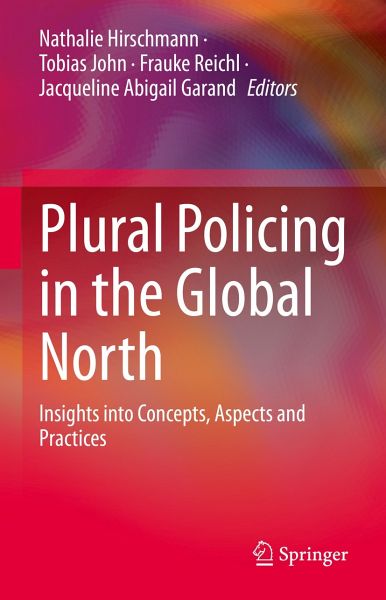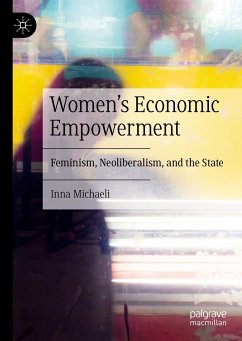
Plural Policing in the Global North (eBook, PDF)
Insights into Concepts, Aspects and Practices
Redaktion: Hirschmann, Nathalie; Garand, Jacqueline Abigail; Reichl, Frauke; John, Tobias
Versandkostenfrei!
Sofort per Download lieferbar
104,95 €
inkl. MwSt.
Weitere Ausgaben:

PAYBACK Punkte
52 °P sammeln!
The volume brings together an international group of authors discussing basic concepts and approaches to plural policing as well as aspects and practices of plural policing in specific locations. The context comes from the fact that policing activities are nowadays performed by a growing number and variety of police and non-police stakeholders. This development is internationally discussed as 'pluralisation of policing' or plural policing. This book provides insights into plural policing across different countries of the global North. It looks at day-to-day security which is mainly produced at...
The volume brings together an international group of authors discussing basic concepts and approaches to plural policing as well as aspects and practices of plural policing in specific locations. The context comes from the fact that policing activities are nowadays performed by a growing number and variety of police and non-police stakeholders. This development is internationally discussed as 'pluralisation of policing' or plural policing. This book provides insights into plural policing across different countries of the global North. It looks at day-to-day security which is mainly produced at the local level, and where there is considerable diversity in philosophy and practice. Therefore, it allows learnings for possible future developments in the field. This volume contributes to policing studies and is of interest to the wide range of academics dealing with questions of security and order, as well as policy makers and practitioners working on security in their regions.
Dieser Download kann aus rechtlichen Gründen nur mit Rechnungsadresse in A, B, BG, CY, CZ, D, DK, EW, E, FIN, F, GR, HR, H, IRL, I, LT, L, LR, M, NL, PL, P, R, S, SLO, SK ausgeliefert werden.












